The legal status of mushrooms, specifically those containing the psychoactive compound psilocybin, is a complex issue in the United States. In Maryland, as of May 2023, psilocybin mushrooms are classified as a Schedule I controlled substance, making their use, possession, sale, or cultivation illegal. This classification is due to the perceived high potential for abuse and the lack of accepted medical use in treatment.
However, there has been a growing movement across the country to decriminalize or even legalize the use of psilocybin mushrooms, primarily for their potential therapeutic benefits. In some cities and states, measures have been passed to decriminalize psilocybin, but Maryland is not currently among them.
It’s important to note that while some jurisdictions have decriminalized psilocybin, this does not equate to legalization. Decriminalization generally means that criminal penalties for possession are removed, but sale and manufacture remain illegal. Legalization, on the other hand, would mean that sale and manufacture are also legal under certain regulations.
In Maryland, possession of psilocybin mushrooms could lead to significant legal penalties. For instance, possession of a Schedule I controlled substance in Maryland can result in a fine of up to $25,000 and/or imprisonment for up to four years.
While the legal landscape is currently quite restrictive, it’s possible that future legislative changes could alter the status of psilocybin mushrooms in Maryland. As research into the potential therapeutic benefits of psilocybin continues, and as public opinion shifts, lawmakers may be prompted to reconsider the current laws.

Recent Developments In The Legal Status of Mushrooms in Maryland
Senate Bill 709, also known as the David Perez Military Heroes Act (End 22 a Day), has potential implications for the use of psilocybin, a compound found in certain species of mushrooms, in the context of alternative therapies for post-traumatic stress disorder (PTSD) in veterans. The bill proposes the establishment of a fund to support the study of and improve access to alternative therapies for PTSD, including psychedelics such as psilocybin.
If passed, this bill could potentially pave the way for more research into the therapeutic use of psilocybin and other psychedelics in Maryland. It could also potentially increase access to these therapies for veterans suffering from PTSD

Where Can I Find Mushrooms Near Maryland?
As of November 2020, the District of Columbia (D.C.) decriminalized the possession and cultivation of entheogenic substances, including magic mushrooms. This change was brought about by Initiative 81, which aimed to shift law enforcement priorities and make the enforcement of laws against entheogenic substances the lowest priority in D.C. This means that possessing and growing mushrooms for personal use is no longer a criminal offense.
To acquire mushrooms in D.C., it is important to understand the legal framework. While the possession and cultivation of mushrooms for personal use are allowed, the sale of mushrooms remains illegal. As a result, a unique system known as the “shrooms gifting community” has emerged.
In the shrooms gifting community, individuals can receive mushrooms as gifts from others who grow them or participate in the community. It is important to note that these gifts are given without any financial transaction. While it may seem reminiscent of a traditional market, it’s crucial to understand that explicit sales are not legal under current regulations.
To safely acquire mushrooms in D.C., individuals can connect with reputable establishments within the shrooms gifting community. Online directories, like the Where’s Shrooms directory, list trusted storefronts and suppliers that operate in compliance with the law. These establishments offer high-quality mushrooms and ensure a safe and legal experience for those seeking plant-based medicines.
When reaching out to these establishments, it’s essential to use appropriate language. Instead of directly inquiring about purchasing mushrooms, ask to see the gift menu or inquire about the merchandise needed to receive mushrooms as a gift. By following this approach and avoiding explicit references to sales or illegal activities, individuals can navigate the process in a lawful manner.

What Kind of Mushrooms ARE Legal In Maryland?
In Maryland, there are several types of non-psilocybin containing mushrooms that are legal and readily available. These mushrooms, such as Lion’s Mane, Reishi, and Turkey Tail, offer a range of health benefits that are currently being extensively studied.
Lion’s Mane mushroom, known for its unique appearance resembling a lion’s mane, has gained attention for its potential cognitive benefits. It is believed to support brain health, memory, and focus. Studies have shown promising results in its potential to stimulate the growth of nerve cells and enhance cognitive function.
Reishi mushroom, also known as the “mushroom of immortality,” has a long history of use in traditional Chinese medicine. It is renowned for its potential to boost the immune system, reduce inflammation, and promote overall well-being. Research suggests that Reishi may have antioxidant and anti-cancer properties, as well as the ability to support cardiovascular health.
Turkey Tail mushroom, named for its resemblance to the colorful tail feathers of a turkey, is rich in polysaccharides and has shown potential benefits for immune function. It is currently being studied for its anti-cancer properties and its potential to enhance the effectiveness of cancer treatments like chemotherapy.
These non-psilocybin containing mushrooms offer a natural and legal way to support health and well-being. It’s important to note that while research on these mushrooms is ongoing, they are not intended to replace medical advice or treatment. Consulting with a healthcare professional is recommended to understand how these mushrooms may fit into an individual’s overall health plan.
As scientific interest in these mushrooms grows, ongoing studies and research aim to further explore their therapeutic potential and unveil additional health benefits. Incorporating these mushrooms into a balanced lifestyle, alongside a nutritious diet and regular exercise, may contribute to overall wellness.
Takeaway
In Maryland, magic mushrooms are currently illegal, but there are efforts underway to change that. Several bills have been introduced to enable medical treatments involving magic mushrooms. These bills aim to expand the possibilities for medical professionals to explore the therapeutic potential of psilocybin, the active ingredient in magic mushrooms, in treating various mental health conditions.
While the legislative process is ongoing, it’s important to note that in neighboring Washington, D.C., magic mushrooms have been decriminalized. This means that possessing and growing magic mushrooms for personal use is no longer a criminal offense in D.C. The decriminalization has given rise to what is known as the “gifting” community.
In the gifting community, individuals can receive magic mushrooms as gifts from others who grow them or participate in the community. This system allows for the sharing of magic mushrooms without engaging in explicit sales, which would still be illegal under current regulations.
As the landscape surrounding magic mushrooms continues to evolve, it’s essential to follow updates on legislative developments and seek reliable sources of information. Engaging in activities within the legal boundaries and adhering to proper etiquette, such as participating in the gifting community, can provide a way to acquire magic mushrooms without fear of breaking the law in D.C. It’s important to respect the law while also recognizing the ongoing discussions and potential future changes surrounding the medical and therapeutic applications of magic mushrooms.


